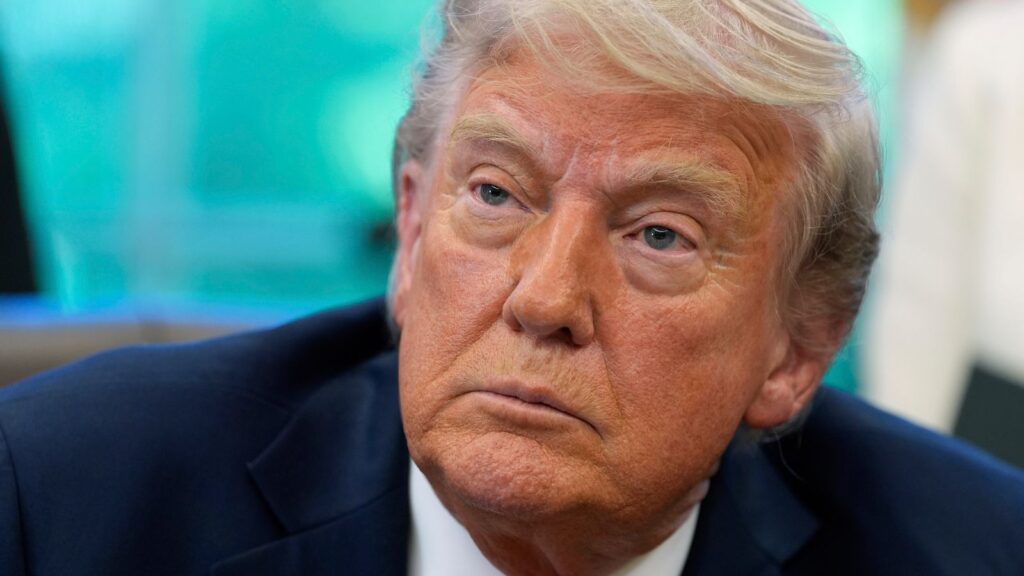In a whirlwind of economic turbulence, the world’s policymakers have found themselves reevaluating their strategies and alliances amidst the shifting landscape brought on by Donald Trump’s trade policies. As global leaders convened at the International Monetary Fund’s annual spring meetings, the focus was not only on US-UK trade relations but also on the broader implications of Trump’s tariffs and their impact on global trade dynamics.
Countries worldwide are eager for a reduction in Trump’s tariffs, yet they are also contemplating a future where the US may not be the steadfast partner it once was. Amidst these discussions, there is a growing recognition of some of Trump’s grievances regarding trade imbalances and globalization, leading to a shift in perspectives on China’s export-led growth model.
As policymakers grapple with these challenges, there is a sense of urgency to navigate this new economic terrain. Rachel Reeves, UK’s Chancellor of the Exchequer, announced plans to address the influx of cheap goods, particularly targeting China, demonstrating a proactive stance in safeguarding national interests while seeking common ground with the US.
While Trump’s policies have sparked global uncertainties, there are indications of a potential thaw in the trade war rhetoric as the US administration hints at tariff reductions and a willingness to collaborate with international institutions. However, the damage wrought by the erratic tariff policies and attacks on established institutions has already left a mark, prompting a reevaluation of the US’ traditional role as a safe haven for global investments.
In this evolving economic landscape, world leaders are reimagining their relationships with the US and China, signaling a paradigm shift in global economic dynamics and a reevaluation of traditional economic norms.

